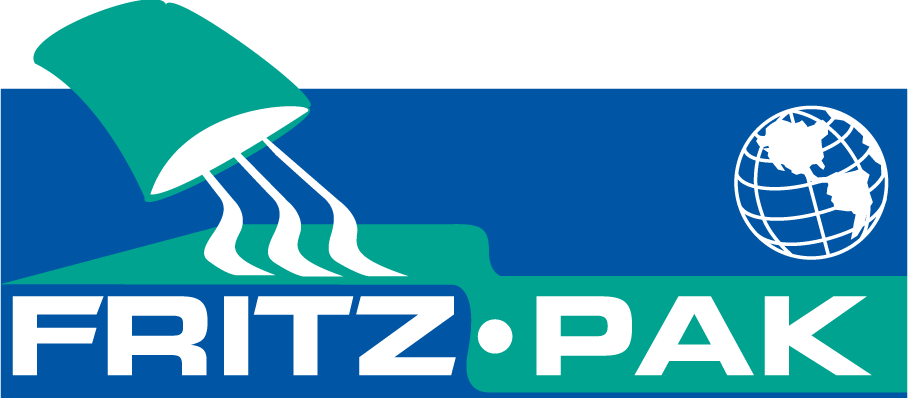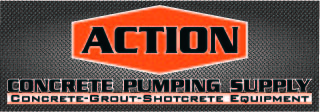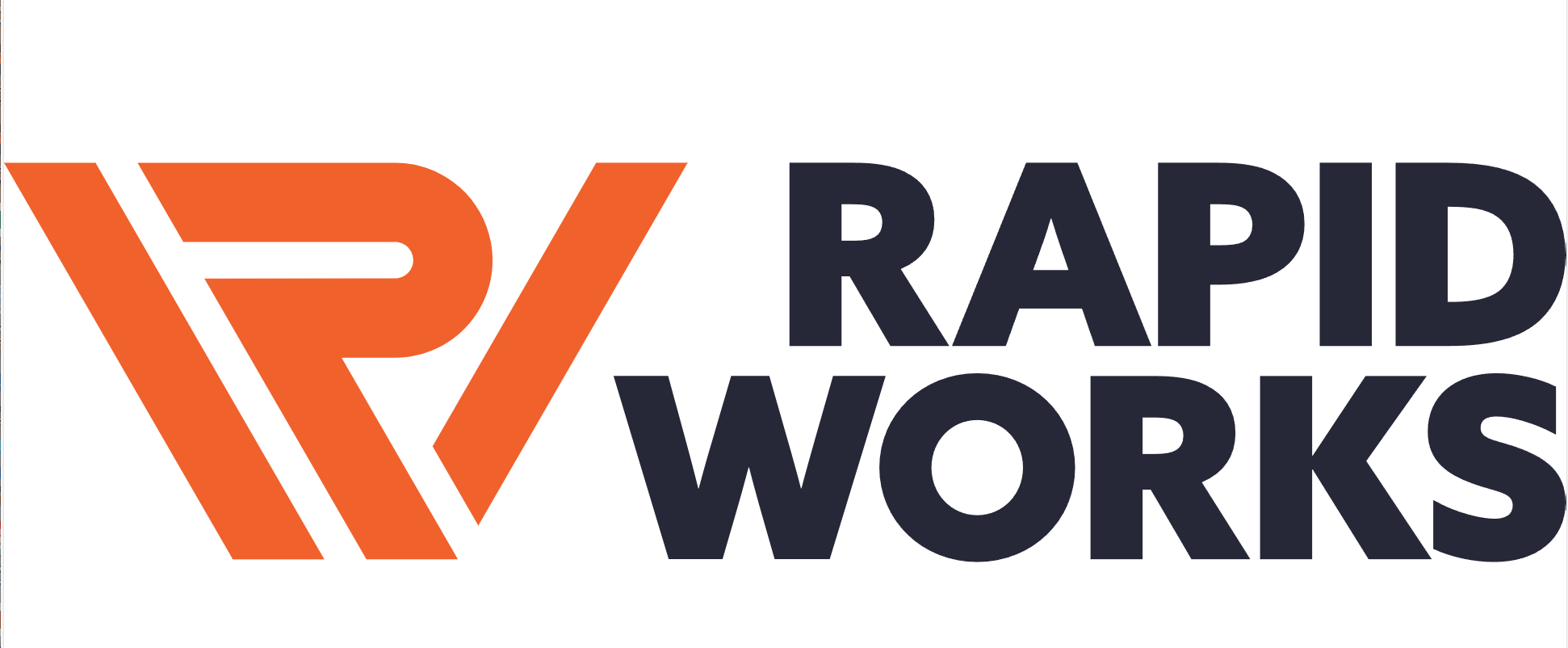Dispatching - Without Losing Your Mind
Getting Started
Dispatching can be the hardest and most frustrating part of concrete pumping, or it can be the easiest. Knowing a few simple facts is what will make the difference in your company. Every company will have to deal with the stress of last minute additions to the schedule, being over-booked and/or having a pump down in the fleet, but knowing these few little facts can make that stress clear up in a matter of minutes. Here are those important facts to know:
Know your fleet.
You need to know how many pumps you have, what size they are, and what they are capable of doing. You must know when a pump is down and not able to be booked, and/or how long that pump cannot be booked. (Too much time can be spent booking pumps that are down and then you find yourself scrambling to cover that job at the end of the day.)
Know your employees.
You must know what each of your operators and oilers are capable of doing and on what equipment they are capable of running. You must also know when the operators are available to work (vacations, etc.), and carefully watch time schedules when booking an operator for more than one pour per day. (Too much time is spent booking employees incapable of running certain equipment and can leave you in a bind at the end of the day trying to correct this error.)
Know the other pumpers in your area & their fleet.
In the concrete pumping business you need allies. There will always be a time when you find you have more jobs than you can cover, and you need to have capable and ready companies in which you can call for help. You need to make sure you always have handy a list of the pumpers that will sub-pump for your company, and what type of equipment they have to offer. (You wouldn't want to spend half the day calling companies that only have boom pumps when you are looking for a trailer pump, and so on.)
Keep a mental note of the schedule as the day progresses and expect the unexpected.
This is the most tedious part of the job, but also the most valuable. Things change during the day, and being ill prepared will be your worst nightmare. A. A pump that was otherwise ready to be scheduled for the next day, may breakdown on a job and suddenly be unavailable for the next day. B. The same goes for an employee, whom you think is ok to schedule for the next day, may need the day off. C. A customer whom you have been booking every day may forget to call one afternoon, you assume he doesn't need a pump & find yourself trying to locate a pump at the last minute. Keeping in constant touch with your mechanic, operator and customers can prevent any of the above problems from causing you last minute stress. By keeping a mental note of the schedule, and what and who are available to be booked, can be the most important part of reducing stress come the end of the day, (especially when you get that 5 minute to 5 p.m. call from a contractor who forgot to call earlier).
The Dispatch Book
The above four items are what the dispatcher should know at any given time during the day in order to make the job its easiest, however, dispatching itself can be a difficult chore if the correct information is not retrieved from the customer by the dispatcher when booking the job. The following items are highly recommended as information to be included in your dispatch book (or if you purchase the Pump Magic Program, the information is ready to be entered into the system - further discussion of this program is offered at the end of this report.)
1. Contractors name (and billing information should be confirmed with the front office)
2. The jobsite address & a job number and/or purchase order number
3. The name of the Superintendent (or caller) and a direct number to that individual as well as an office phone number (in case you cannot reach the superintendent directly)
4. The "mud" time and the "on-job" time (generally speaking, smaller boom pumps and trailer pumps without allot of system, need only 1/2 hour to set-up the pump, ready for pour, and larger boom pumps and trailer pumps with extensive amounts of system need a minimum of one hour to set-up, ready for pour. Leaving "mud" time to be the most important and most needed (however, occasionally a pour will be located in a city which prohibits loud noises at specific times and therefore you must know at which time you are allowed to pull up to a jobsite.)
5. How many yards are to be poured and what exactly the contractor is pouring and how long the estimated time is for the days pour (This is especially useful in case of a second days pour, in order to provide sufficient time to reach and set-up for the second pour.)
6. The size of the equipment ordered and if any system (hose, pipe or other) that is needed to complete the pour successfully.
7. What ready-mix company is delivering the mud? (This is not necessary, but recommended, as you may find that your pump may at some time be a little late to a job-site, you can call the ready-mix company and hold up the mud so there is no loss to the contractor, and no back charges to your company.)
8. A leave time for the operator/oilier (some companies depend upon the driver to leave at a safe time to reach a job-site at the appropriate time, however, it is best to set the time for the driver to leave, that way you are aware of the drivers estimated location at any given time.)
9. A place to list the unit number (equipment), which the operator/oilier is to take to this project
10. The operator/oilers name.
11. 11. The map page of the project (for quick look-up for the driver; A lost driver can cost your company thousands of dollars in back charges.)
12. A section to enter requested items such as hose, pipe, reducers, clamps, or etc.
13. A place to check off if the job is confirmed, will call or etc. (The pump magic program replaces the need for a dispatch book & collects more detailed information. More information on this product is available at the end of this report.)
An example dispatch sheet may look like this: (left page) ______________________________________________________________________________
__________________________ Contractor || PO#-Job# || Confirmed || Job Address || Super || Phone(s) || Mud Time || Yards ||
(right page) ______________________________________________________________________________
__________________________ Pump Size || System & Extras || Leave Time || Unit # || Operator || Directions & Map Page ||
Other Important Information
1. Not all fleets have all sizes of pumps available, so it is important to find out from a contractor if a "Larger" piece of equipment will fit within the area designated for the pump. (Never request the contractor to settle for a smaller pump - always offer a larger - this helps in making the contractor happy. You offer the larger equipment for the same price as the equipment ordered and the contractor feels he is getting a good deal as you are satisfying your company by not having to sub out the job.)
2. Maps are an extremely important part of this type of business. You must keep current maps in stock for the office and for all drivers. New streets are created every single day & having the most up to date maps will help to prevent any difficulties in finding a project. It is also an excellent idea to get specific directions to a job-site that is not listed in the most current map book.
3. Radio communication is the best possible way to keep track of operators. A problem on a job-site can be quickly remedied if it is reported immediately by the operator, and not as second hand from a contractors phone call. (Also, by knowing before the contractor calls, chances are you will have the opportunity to get the situation under control & notify the contractor when he calls, which helps to ensure his overall perspective on how you handled the situation.) Also a driver may be on his way in from a job and can quickly be dispatched out to another job before he comes all the way back in the yard. The same is said for certain emergencies that the driver may have to deal with such as a problem with the vehicle while driving, or traffic situations, etc.
4. It is important to confirm a job, with the customer, the day before the pour. Sometimes contractors will book a pour a few days or more in advance. It is best to confirm every job the day before the pour (unless that is the day it was booked). Situations happen daily for the contractor also, so it always best to be safe in double checking with the contractor about the pour and the mud time.
5. Job tickets should have a place for all information relevant to your bookkeeping methods, and should be either completed by the dispatcher at the end of the day for the next day, or given to the operator if that is your method. (The Pump Magic program provides for a complete job ticket to be printed out)
Customer Relations
It is almost inevitable that at some point an irate customer will call for any given reason. Possibly a pump didn't show up to the job-site on time, or at all for that matter, or a pump may have broke down on the job, or he may be dissatisfied with a particular operator. Any number of things may set off a contractor. It is your job as the dispatcher to satisfy this customer as best as you can without losing your temper or your mind. Anytime you speak with a contractor regarding a problem, always get a call back number, and make sure you call back immediately when you have solved the problem or have updated news. No news is not good news to an unhappy contractor. Your job as a dispatcher is to remedy a dispatching type problem as quickly and efficiently as possible. This does not include discrepancies with billing, unless that is a part of your job. Usually a salesman is the perfect buffer for this situation. You handle getting the customer service as quickly as possible, and immediately notify the sales force of the problem, so that they can make a trip to the job-site to handle the rest of the difficulties not related to dispatch. Often, the first words out of an irate customers mouth are not of a sensitive nature, nor a sensitive tone. Do not take this personally - ever - even if you are the one currently being blamed for the incident. The person calling is under allot of stress and basically just needs help right away. Use a soft tone; assure them that you are on top of the situation and helping them in every way possible. Generally a soft tone is enough to calm them down, however, in a case in which it is not enough, calmly let the customer know that you are doing your best to accommodate them, and their language and temper are not helping to make things any better. In the event that a customer calls because there is no pump on their job, and you find that no pump was scheduled to go to this job, do not tell the contractor it was their error, and do not in any way get into a blaming contest. That is where the sales force is again, your buffer. Your job is to get that contractor a pump as quickly as possible and notify the salesman of the problem, internally letting the salesman know who was at fault, and letting him handle the customer in his best way.
Employee Relations
It is very important to have a set method of dispatching, and there are several ways in which this can be accomplished, depending upon the type and size of your company. However, each method also has a set of basic guidelines in common, that are recommended to be followed;
1. A time should be designated for all employees not working out in the field to call in at for their jobs. (Due to the fact that this industry can have last minute changes, it is recommended that the call in time be within the last hour of the closing time of the office, preferably the last half hour.)
2. There should be a designated place for any operator out in the field after the office closes to be able to retrieve their job schedule for the next day.
3. A set time should be made for an employee to contact you regarding their absence. (At least 24 hours)
4. An employee should have a way to reach you in case of emergency, so you can cover his job.
The Pump Magic Program
The Pump Magic program is a terrific investment for pumping companies. The dispatch area of the program has a screen with all of the items described above, and more, to be entered when you take a customers call. This helps with asking for the correct information during the initial phone call. The program also includes other important information, which is too tedious to include in a dispatch book, such as the date & time the caller placed the order, and the date and time the caller confirmed the order, or all of the same for a cancellation. If your office includes several personal doing the dispatch, the program also provides for the entry of the dispatcher taking the order. Pump Magic also has several different areas that efficiently keep track of the pumping companies business, however, in the discussion of dispatch, the billing side of the program, allows for accurate reports providing information that notifies you of tickets not billed to customers. A dispatch book would have to be manually scanned to make sure all of the jobs scheduled were expedited and billed out properly. Pump Magic also provides a place to enter when an operator calls in his wash-out, thus keeping open the opportunity for the operator to be available for a second pour to any or all dispatchers. On the job ticket are also places to keep track of pump fuel, truck fuel and mileage. The program also provides a place for notes incase any need to be taken regarding the pour, and much much more.
Published by ConcretePumping.com











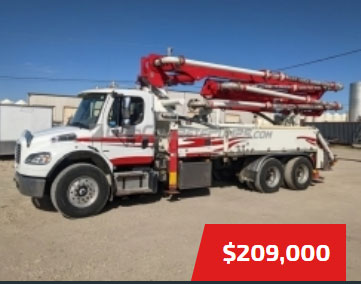

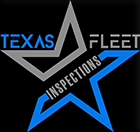


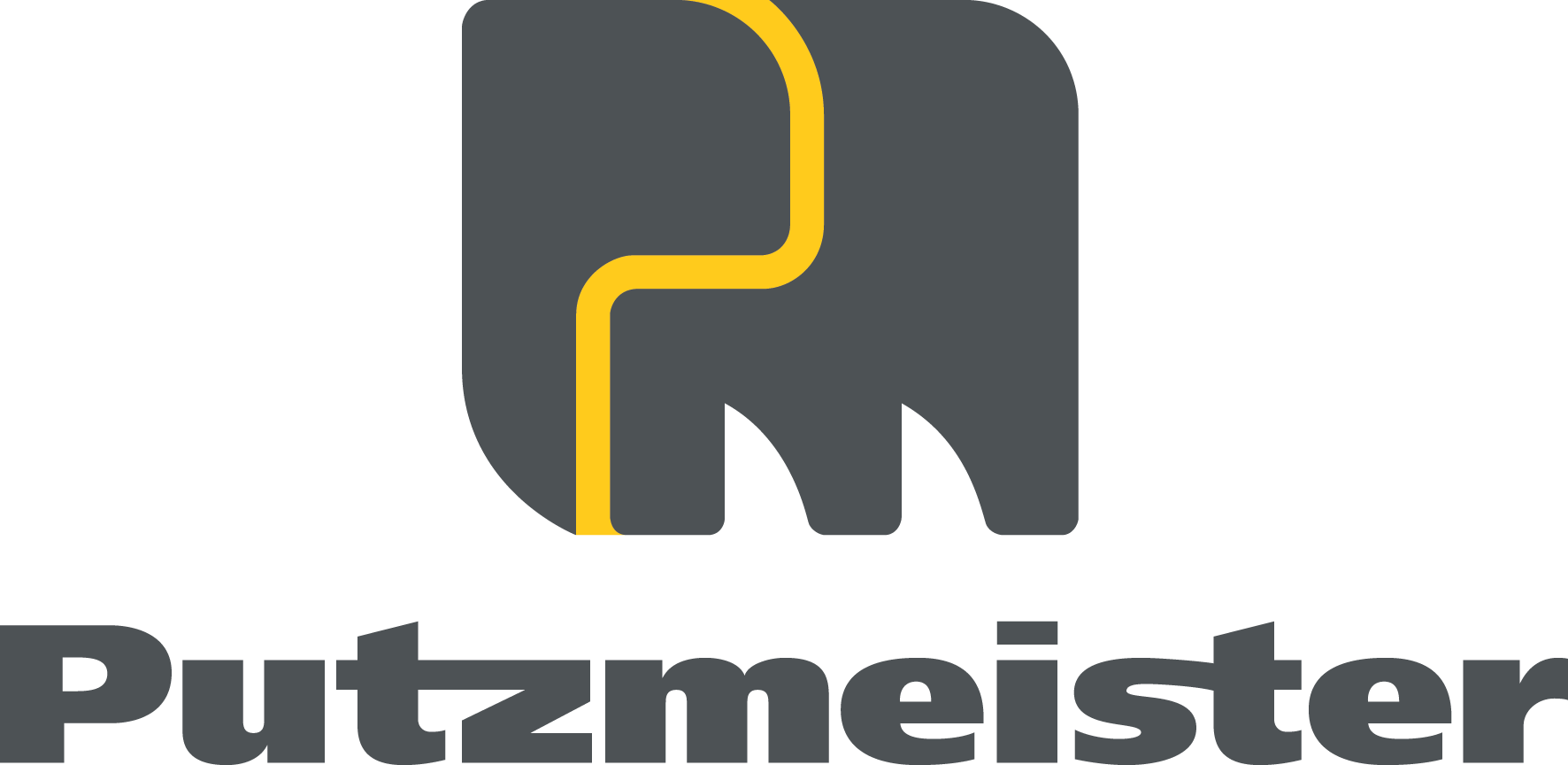



.jpg)
.gif)

.jpg)

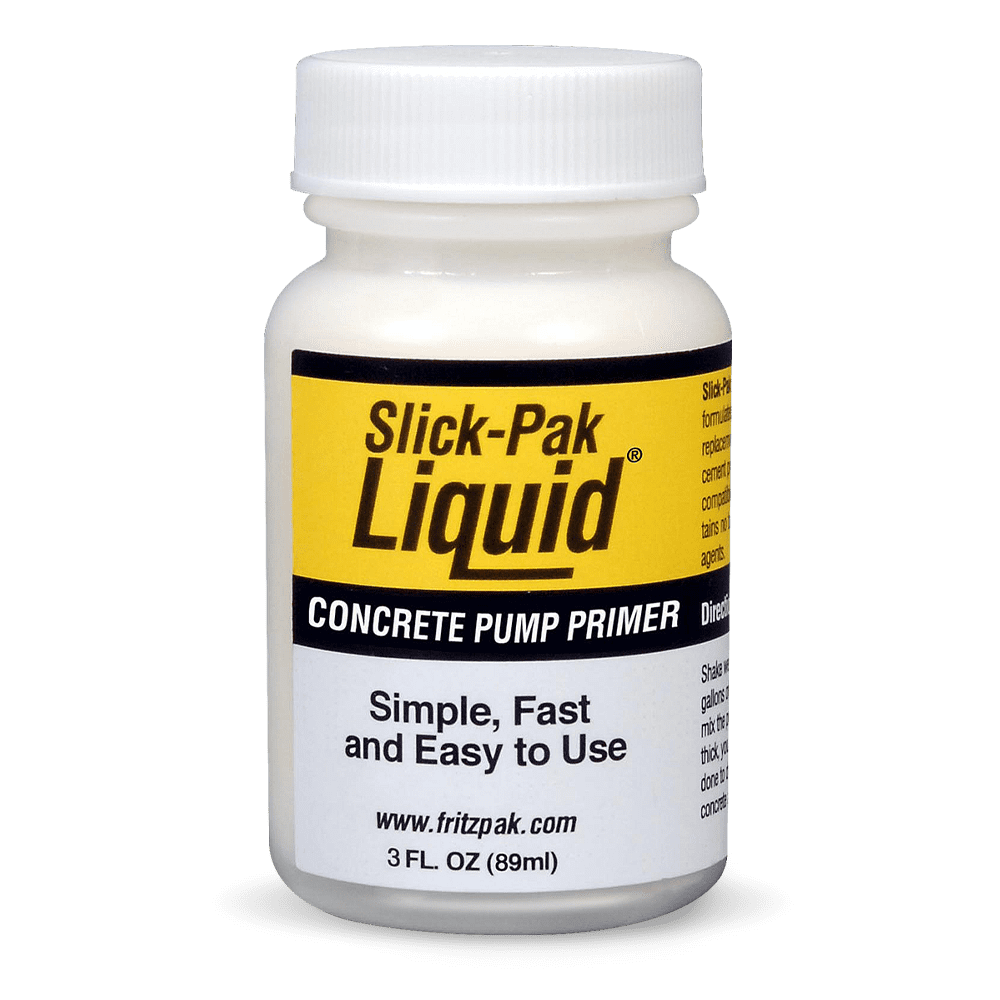






.jpg)



